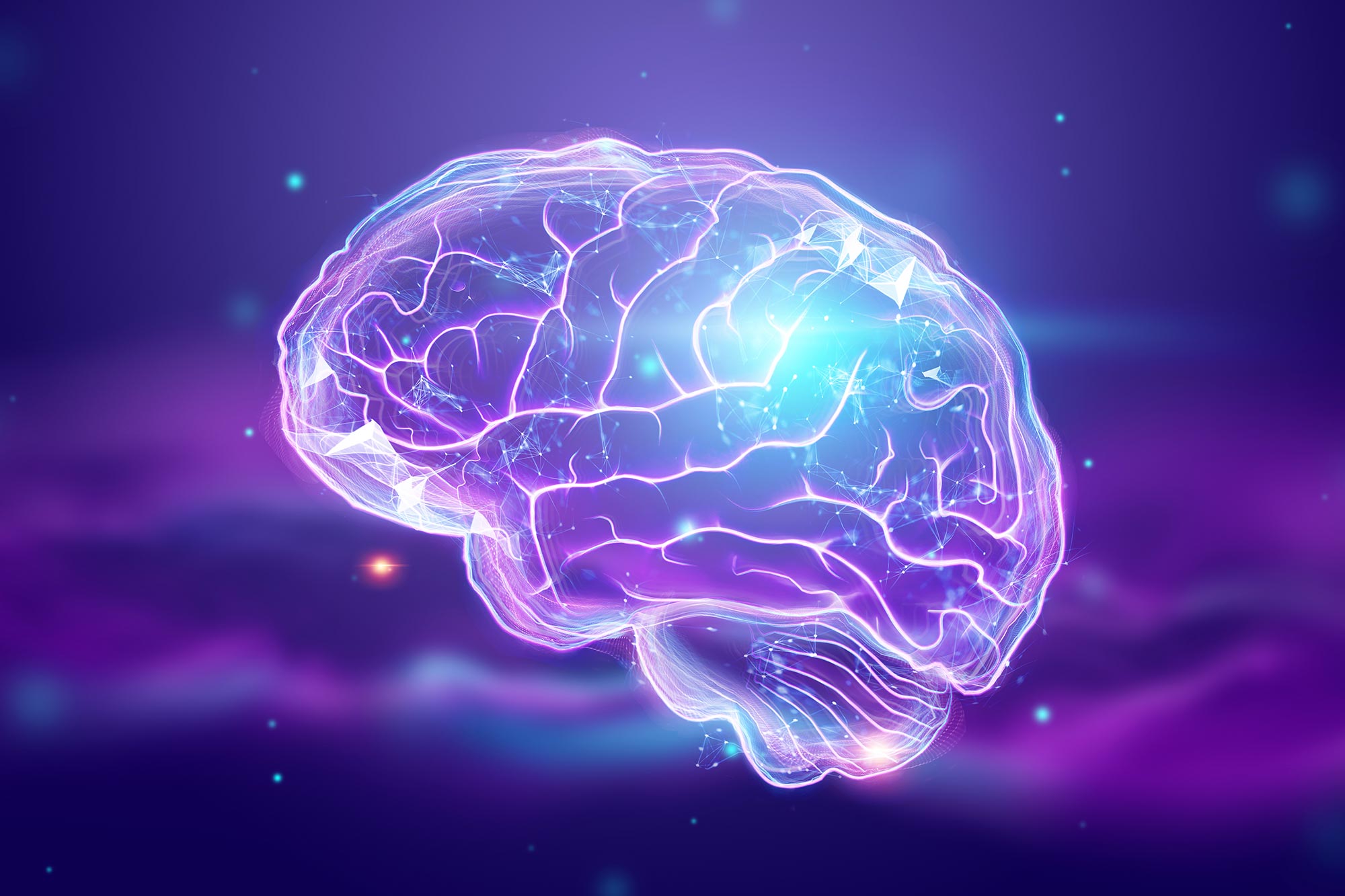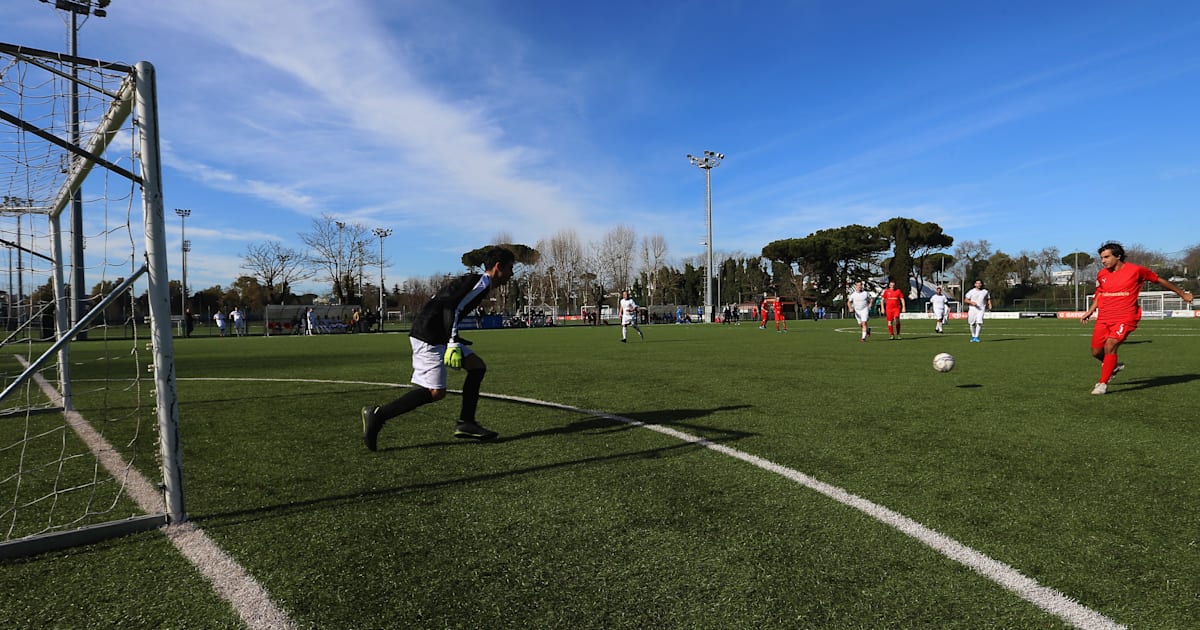

L’esercizio fisico può migliorare direttamente la salute del cervello promuovendo lo sviluppo dei neuroni nell’ippocampo, con gli astrociti che svolgono un ruolo importante nella mediazione degli effetti. Questa ricerca potrebbe portare a terapie basate sull’esercizio per disturbi cognitivi come il morbo di Alzheimer.
Lo studio dei segnali chimici generati dalla contrazione delle cellule muscolari indica modi per migliorare la salute del cervello attraverso l’esercizio.
I ricercatori di Beckman hanno studiato come i segnali chimici dei muscoli contratti promuovono cervelli sani. Le loro scoperte rivelano come questi segnali aiutino lo sviluppo e la regolazione di nuove reti cerebrali, indicando anche modi per migliorare la salute del cervello attraverso l’esercizio.
L’attività fisica è spesso citata come un modo per migliorare la salute fisica e mentale. I ricercatori del Beckman Institute for Advanced Science and Technology hanno dimostrato che può anche migliorare la salute del cervello in modo più diretto. Hanno studiato come i segnali chimici dell’esercizio muscolare promuovono la crescita dei neuroni nel cervello.
Il loro lavoro è stato pubblicato sulla rivista Neurologia.
Quando i muscoli si contraggono durante l’esercizio, come i bicipiti di un sollevamento pesi pesante, rilasciano una varietà di composti nel flusso sanguigno. Questi composti possono viaggiare in diverse parti del corpo, compreso il cervello. I ricercatori erano particolarmente interessati a come l’esercizio fisico potesse giovare a una parte specifica del cervello chiamata ippocampo.
“L’ippocampo è una regione importante per l’apprendimento e la memoria, e quindi per la salute cognitiva”, ha affermato Ki Yun Lee, Ph.D. studente in scienze meccaniche e ingegneria presso l’Università dell’Illinois, Urbana-Champaign, e autore principale dello studio. Pertanto, capire come l’esercizio avvantaggia l’ippocampo potrebbe portare a terapie basate sull’esercizio per una varietà di condizioni tra cui[{” attribute=””>Alzheimer’s disease.

Hippocampal neurons (yellow) surrounded by astrocytes (green) in a cell culture from the study. Image provided by the authors. Credit: Image provided by the study authors: Taher Saif, Justin Rhodes, and Ki Yun Lee
To isolate the chemicals released by contracting muscles and test them on hippocampal neurons, the researchers collected small muscle cell samples from mice and grew them in cell culture dishes in the lab. When the muscle cells matured, they began to contract on their own, releasing their chemical signals into the cell culture.
The research team added the culture, which now contained the chemical signals from the mature muscle cells, to another culture containing hippocampal neurons and other support cells known as astrocytes. Using several measures, including immunofluorescent and calcium imaging to track cell growth and multi-electrode arrays to record neuronal electrical activity, they examined how exposure to these chemical signals affected the hippocampal cells.
The results were striking. Exposure to the chemical signals from contracting muscle cells caused hippocampal neurons to generate larger and more frequent electrical signals — a sign of robust growth and health. Within a few days, the neurons started firing these electrical signals more synchronously, suggesting that the neurons were forming a more mature network together and mimicking the organization of neurons in the brain.
However, the researchers still had questions about how these chemical signals led to growth and development of hippocampal neurons. To uncover more of the pathway linking exercise to better brain health, they next focused on the role of astrocytes in mediating this relationship.
“Astrocytes are the first responders in the brain before the compounds from muscles reach the neurons,” Lee said. Perhaps, then, they played a role in helping neurons respond to these signals.
The researchers found that removing astrocytes from the cell cultures caused the neurons to fire even more electrical signals, suggesting that without the astrocytes, the neurons continued to grow — perhaps to a point where they might become unmanageable.
“Astrocytes play a critical role in mediating the effects of exercise,” Lee said. “By regulating neuronal activity and preventing hyperexcitability of neurons, astrocytes contribute to the balance necessary for optimal brain function.”
Understanding the chemical pathway between muscle contraction and the growth and regulation of hippocampal neurons is just the first step in understanding how exercise helps improve brain health.
“Ultimately, our research may contribute to the development of more effective exercise regimens for cognitive disorders such as Alzheimer’s disease,” Lee said.
Reference: “Astrocyte-mediated Transduction of Muscle Fiber Contractions Synchronizes Hippocampal Neuronal Network Development” by Ki Yun Lee, Justin S. Rhodes and M. Taher A. Saif, 2 February 2023, Neuroscience.
DOI: 10.1016/j.neuroscience.2023.01.028
In addition to Lee, the team also included Beckman faculty members Justin Rhodes, a professor of psychology; and Taher Saif, a professor of mechanical science and engineering and bioengineering.
Funding: NIH/National Institutes of Health, National Science Foundation

“Sottilmente affascinante social mediaholic. Pioniere della musica. Amante di Twitter. Ninja zombie. Nerd del caffè.”





More Stories
Un decesso per il virus del Nilo occidentale è stato segnalato nella contea di Santa Clara – NBC Bay Area
Ultime notizie sugli astronauti della NASA: aggiornamento sull’equipaggio del Boeing Starliner bloccato nello spazio
Ci sono oceani sotto la superficie di Marte? La sonda InSight della NASA rivela un enorme serbatoio di acqua liquida